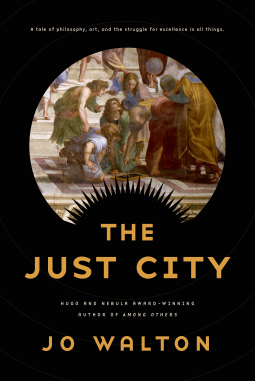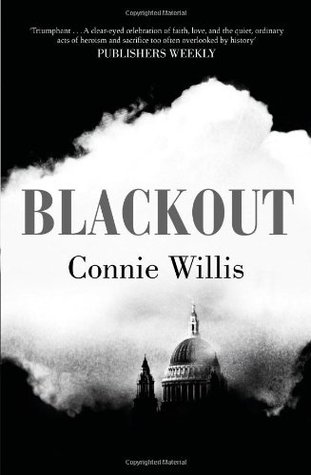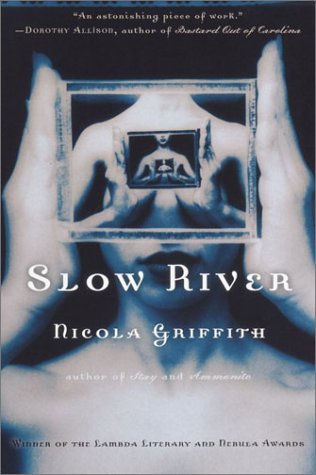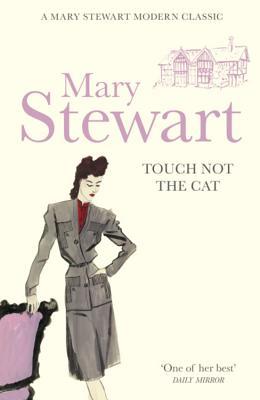 The Just City, Jo Walton
The Just City, Jo Walton
Originally borrowed a review copy from Robert, then got approved for it on Netgalley, and then finally bought it, because I felt awful. It is not Jo Walton’s fault as a writer in any way; the book is fascinating, I just couldn’t sit still for it. I still don’t know why. I didn’t connect with it in the same way as I have some of Jo’s other books, but then I haven’t necessarily taken ages to read them because of that. There’s even stuff I love here: tons of classical references, as fun to spot as the books in Among Others; the awe and admiration of art; the role of the female characters and the ways they contribute to the city; loves that are not of the body but of the mind, and an understanding of different kinds of love…
The plot itself extends the thought experiment of Plato’s Republic. He came up with this thought experiment, and now the characters of the book actually try to live it; the book explores the ways they compromise on that, and the new light that sheds on the original ideas. (And Jo’s exploration is itself a thought experiment, in a way… oh, the meta.) The whole thing is, in a way, another Socratic dialogue: every character asks questions of the others, and together they try to make the Just City. Compromising the ideals leads to compromised results, and I think it’s up to the reader to figure out to what extent that is justified, to what extent the experiment is successful, to what extent a more positive result would even be possible.
It’s pretty optimistic about the human race, really. The children raised in that environment think in a way which is much more ‘just’ than if they had been raised outside it, that’s clear. I’d love to think that’s possible, and I don’t know if it is. And is it because they have been raised in an environment lacking in poverty and most injustice (negative influences), or because of the education they receive and the order of their lives (positive influences)?
If you finish this without a ton more questions, I’d be surprised. And Socrates would be very, very displeased (and so, I think, would Jo Walton).
On a character-and-plot level, I love the evolution of Apollo/Pytheas. I love his relationship with Simmea, the way that they work on agape, and the ways they fall short of that with other people around them. I’ve always thought agape a beautiful idea, and the way it’s explored here is interesting — mostly with Simmea and Pytheas, but with many other characters too. The way that they love each other and want to increase each other’s excellence, and how solidly and unshakeably they both believe that is beautiful.
There’s so much else I could say about this book, and so much else I’d like to say and can’t word. Suffice it to summarise with: it’s an interesting book, one which raises a lot of questions, which still has characters you can love and cherish as well. I recommend it.
Rating: 4/5
 Curtsies and Conspiracies, Gail Carriger
Curtsies and Conspiracies, Gail Carriger








